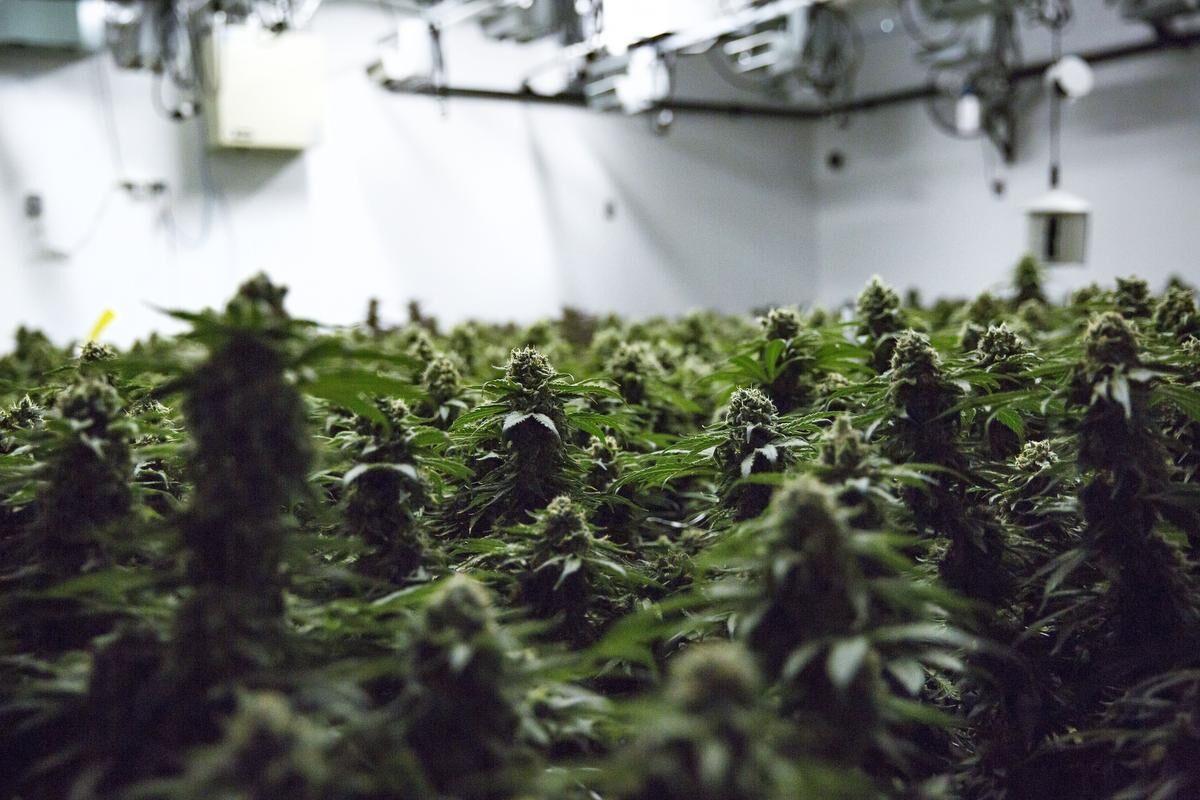California’s New Hemp Regulations Raise Concerns for Industry and Consumers
LOS ANGELES- Governor Gavin Newsom has enacted emergency regulations in California, significantly impacting the hemp industry by banning hemp-derived THC products. This move, approved by the Office of Administrative Law and effective as of September 23, 2023, has sparked controversy among businesses and consumers alike. The regulation sets stricter rules, such as prohibiting any detectable THC in hemp products, limiting the servings to five per package, and raising the minimum purchase age to 21.
The new rules follow the broader federal framework of the 2018 Farm Bill, which legalized hemp under federal law but allowed states to impose their own regulations. Under the new California mandate, popular hemp THC-infused beverages and other hemp-derived products must be removed from retail shelves, with exceptions for licensed cannabis dispensaries. While intoxicating cannabis products remain available for adults over 21 at licensed dispensaries, non-intoxicating CBD products containing trace THC are now banned outside this market.
The state has positioned this regulation as a public safety measure, particularly aimed at preventing underage access to intoxicating products. Governor Newsom stated, “We’re taking action to close loopholes and increase enforcement to prevent children from accessing these dangerous hemp and cannabis products.” The regulation is effective until March 25, 2025, and regulators have promised strict enforcement, working with various state agencies.
However, industry stakeholders have expressed concern about the potential fallout. The U.S. Hemp Roundtable, a trade organization, plans to challenge the regulations in court, claiming they could severely damage California’s hemp market. Critics argue that these restrictions could impact both medical users who rely on hemp-derived THC for health reasons and small businesses that have thrived under the previously lenient regulations.
This shift in California is part of a broader national trend, as other states like Missouri are also moving toward stricter hemp controls. The ongoing tension between federal and state regulations continues to create challenges for businesses navigating a patchwork of laws. The legal battles likely to unfold in California may set a precedent for hemp regulation across the U.S., with outcomes that could reshape the industry.
In addition to the hemp regulations, three cannabis-related bills are awaiting Governor Newsom’s decision. These bills include measures that could expand cannabis sales at farmers markets, allow cannabis cafés, and streamline licensing for businesses. Their fate remains uncertain, with a deadline of September 30 for the governor to sign or veto the legislation. Governor Newsom’s emergency regulations have initiated a new chapter in California’s approach to cannabis and hemp regulation, focusing on public safety and market control. While the state government defends these changes as necessary, the coming legal challenges could have far-reaching consequences for both the hemp industry and consumers.



































